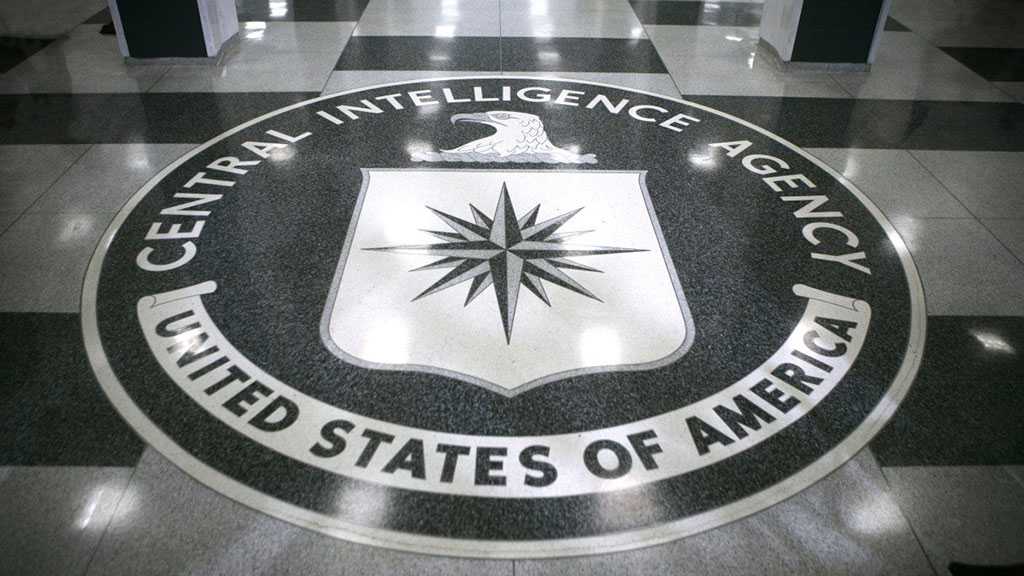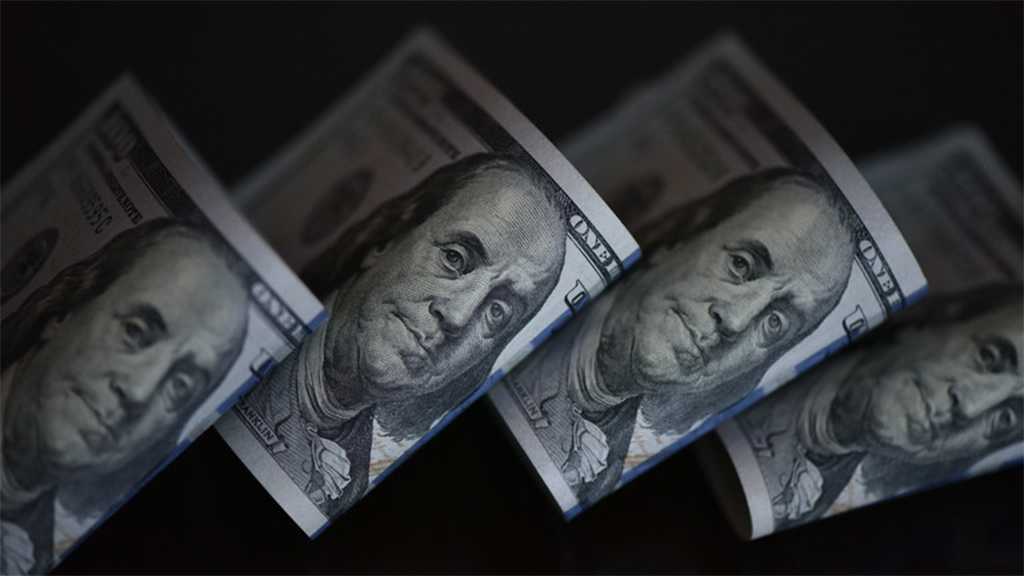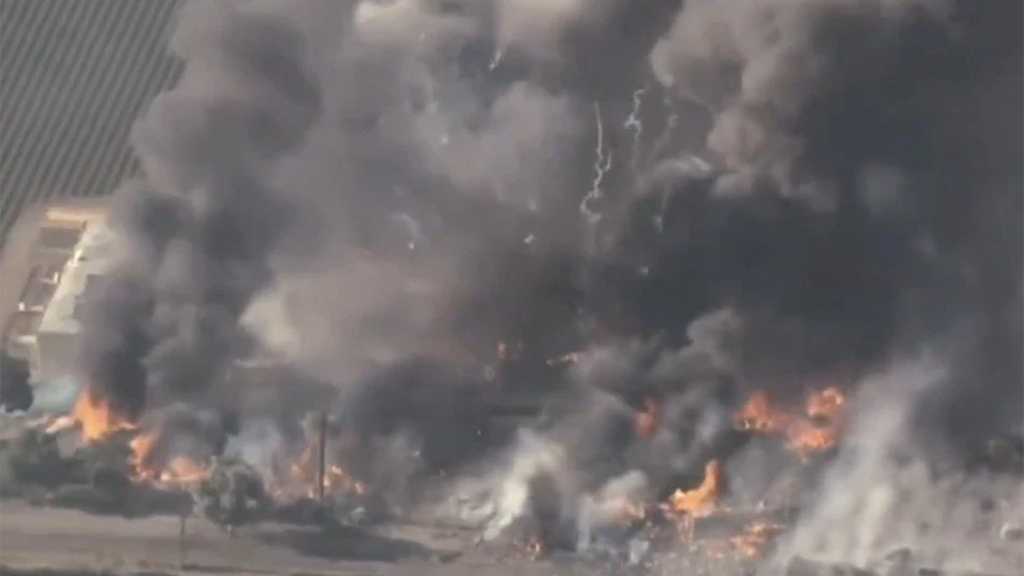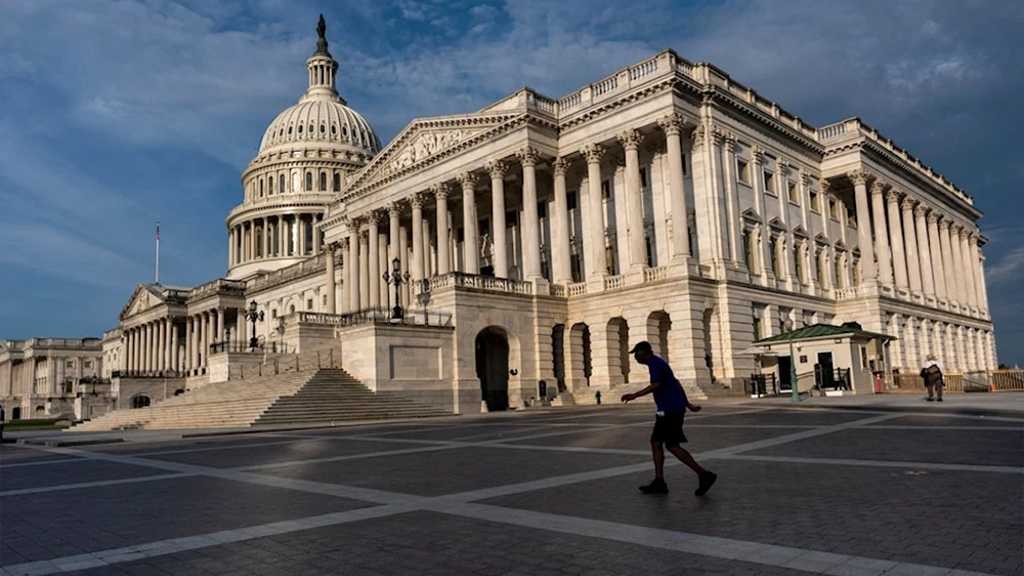CIA Chief: Russiagate Report Was a Politically Driven Plot to Undermine Trump

By Staff, Agencies
The CIA’s internal review of the 2016 Intelligence Community Assessment [ICA] on alleged Russian interference in the US presidential election has revealed it was a politically motivated effort aimed at undermining then-President-elect Donald Trump, according to CIA Director John Ratcliffe.
In an interview with the New York Post published Wednesday, Ratcliffe accused key Obama-era intelligence figures of manipulating the process to manufacture the so-called Russiagate narrative.
Ratcliffe, who ordered a review of the ICA shortly after taking office, said the report—commissioned by President Barack Obama just six weeks before leaving office—was characterized by irregular procedures, rushed timelines, and overt political intent.
“This was Obama, Comey, Clapper, and Brennan deciding, ‘We’re going to screw Trump,’” Ratcliffe said, referring to then-FBI Director James Comey, CIA Director John Brennan and Director of National Intelligence James Clapper.
The ICA, released in January 2017, was a cornerstone of the Russiagate saga and set in motion Special Counsel Robert Mueller’s two-year investigation into alleged collusion between Trump’s campaign and Moscow.
The recent CIA review, declassified on Wednesday, portrays the ICA process as “chaotic,” “atypical,” and “markedly unconventional.”
It further concluded that Brennan had effectively directed the compilation of the assessment, sidelining career intelligence professionals and pushing to include the now-discredited Steele dossier—a collection of unverified claims about Trump’s alleged ties to Russia.
The dossier, compiled by former British intelligence officer Christopher Steele, was reportedly funded by Hillary Clinton’s campaign. Despite its questionable origins and lack of verification, Brennan insisted it be included in the ICA’s analysis, according to the review.
Ratcliffe emphasized that the intelligence leadership deliberately leveraged the ICA to give the appearance of consensus. “They stamped it as Russian collusion and then classified it so nobody could see it,” he said. “Brennan and Clapper and Comey manipulated [and] silenced all the career professionals and railroaded the process.”
The CIA review also cited the harmful role of the media in shaping public perception before the report was even completed. It noted that “media leaks suggesting that the IC had already reached definitive conclusions risked creating an anchoring bias,” referring to unnamed intelligence sources frequently cited in The New York Times, The Washington Post, and other major outlets.
The ICA, along with the FBI’s ‘Crossfire Hurricane’ investigation and Mueller’s subsequent probe, overshadowed the early years of Trump’s presidency. Although Mueller ultimately found no evidence of criminal collusion with Russia, the narrative of Russian interference persisted for years in US political and media circles.
Moscow has consistently denied any interference in the 2016 election. The CIA’s internal findings now raise serious questions about the integrity of one of the most consequential intelligence assessments in modern US history—and its role in shaping public trust, media narratives, and the trajectory of Trump’s presidency.
Comments
- Related News



